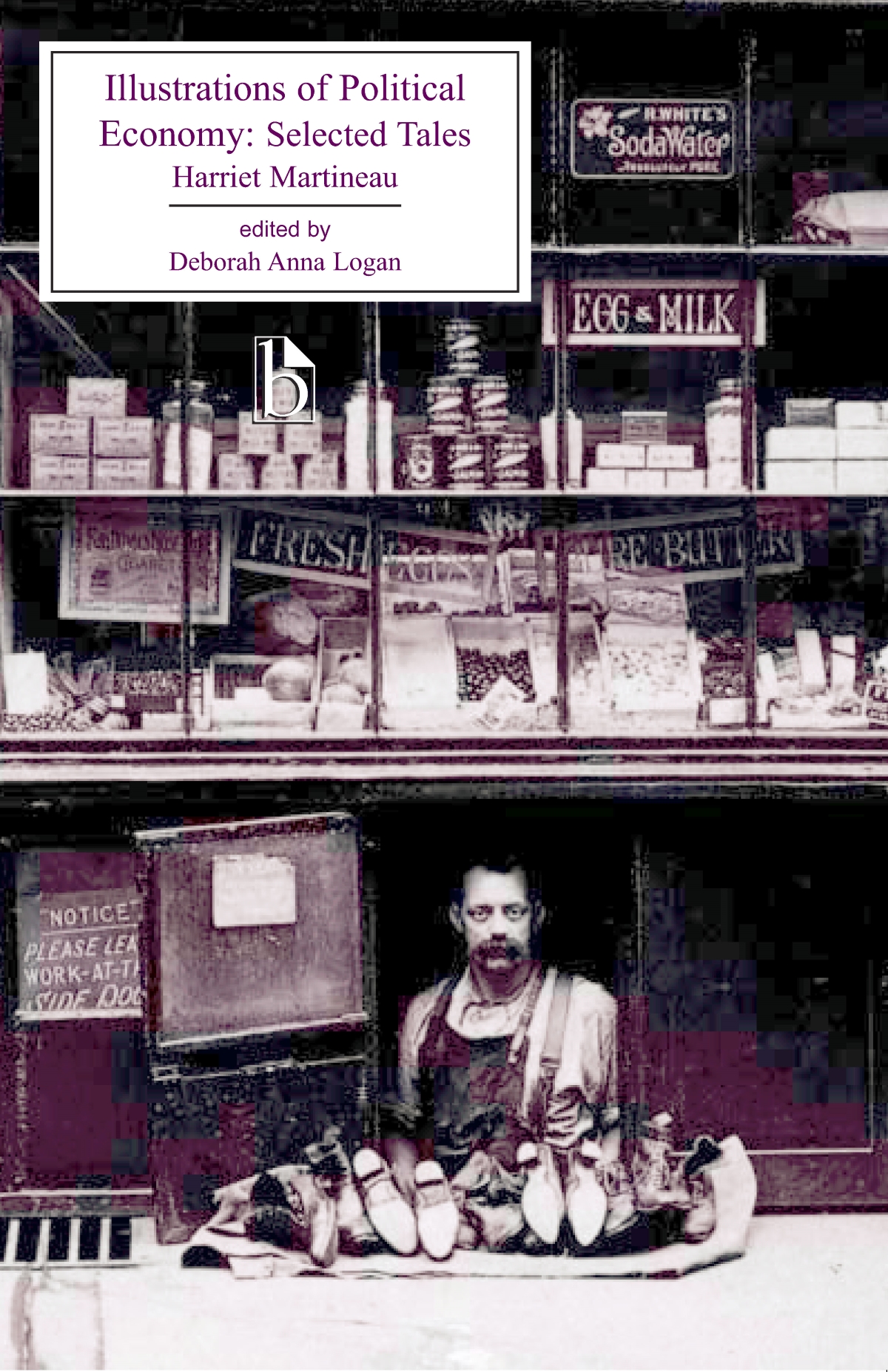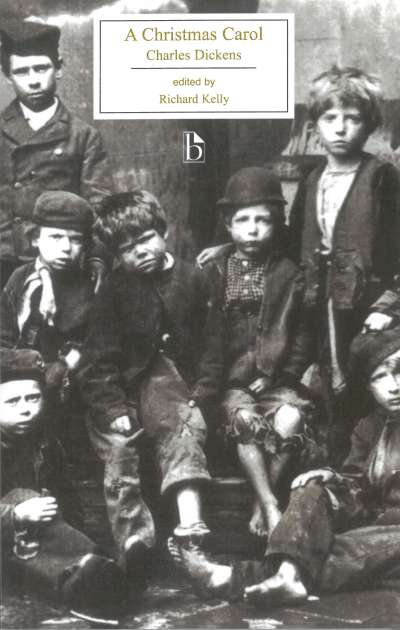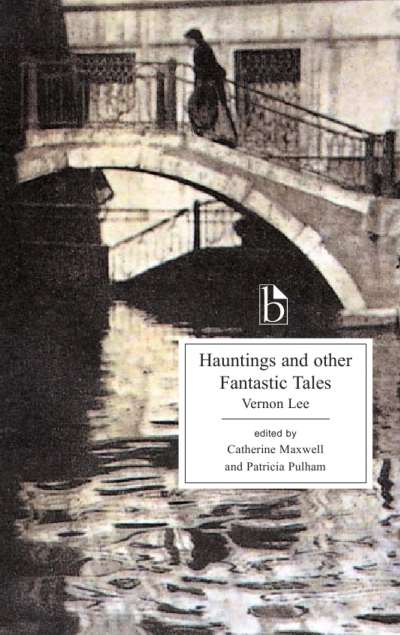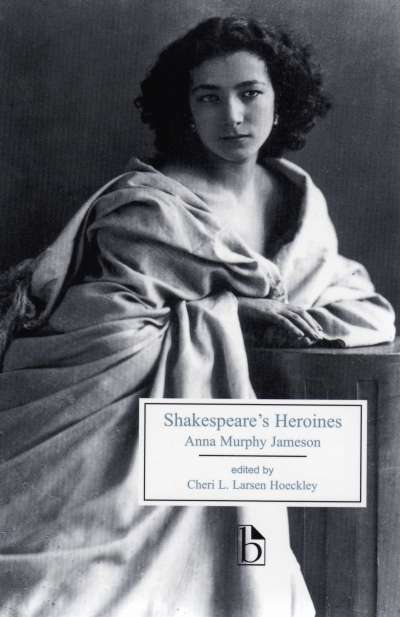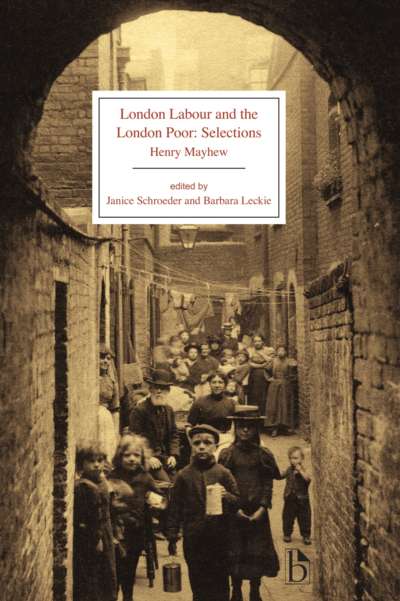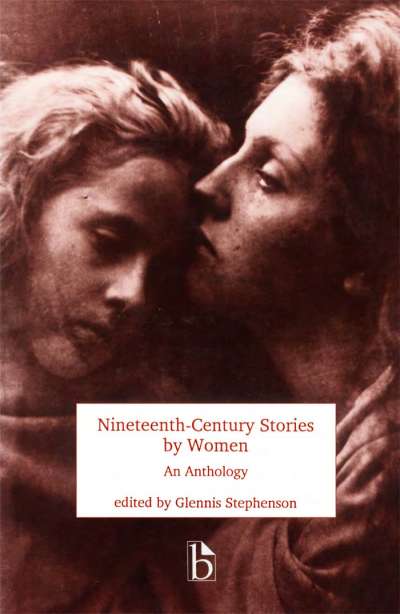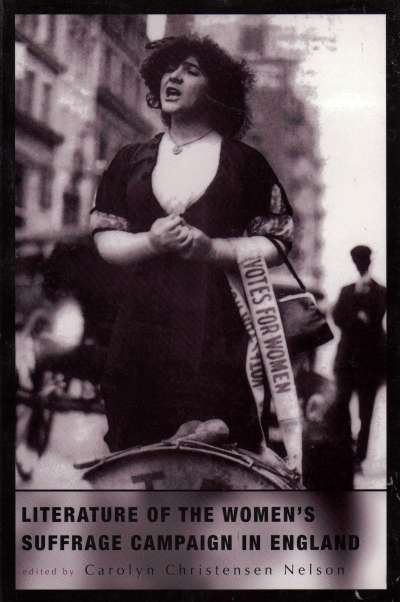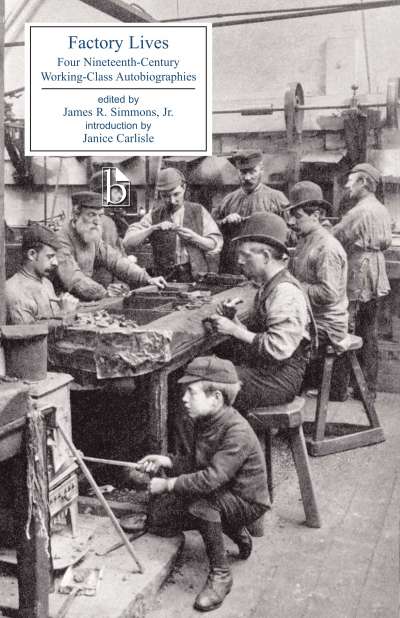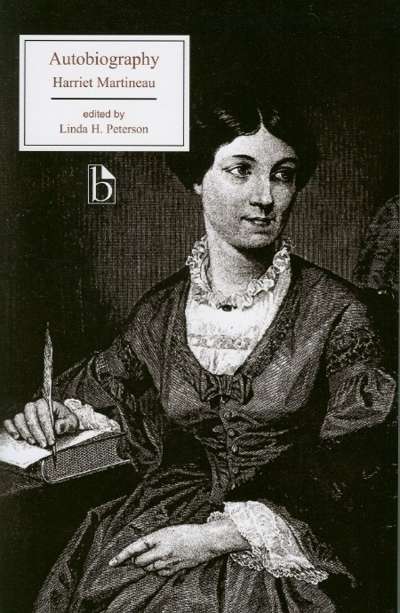Published in 1832, Illustrations of Political Economy established Harriet Martineau as both a successful and controversial author and a pioneer of nineteenth-century “social problem” writing. This widely read series of didactic stories popularized political economy, making it accessible to audiences by vividly dramatizing issues such as overpopulation and labour strikes. Illustrations of Political Economy marks a pivotal moment in which literature and politics came together, laying the foundation for the realism and social commentary of later Victorian novels.
This Broadview edition contains a critical introduction and a rich selection of historical documents, including contemporary reviews of Illustrations and writings on population growth, factory conditions, and working-class life.
Comments
“It is thrilling to see a selection of Harriet Martineau’s Illustrations of Political Economy back in print. These tales, once accessible only in rare book rooms, are now available to scholars and students in a clear, well-organized format with useful critical apparatus. Logan’s excellent critical introduction contextualizes the publication of Illustrations within debates over reform in the early decades of the nineteenth century and makes a strong case for the centrality of Martineau’s work in the history of the nineteenth-century novel. Illustrations of Political Economy is essential reading for students and scholars of nineteenth-century British literature and culture, and Logan’s excellent critical edition makes this important text newly engaging and highly accessible for the next generation of cultural historians and general readers.” — Alexis Easley, University of Alaska Southeast
“For too long Harriet Martineau’s Illustrations of Political Economy has been unavailable for students of the Victorian age despite its influence on a variety of major writers such as Dickens, Gaskell, and Eliot. Indeed, one of Logan’s primary achievements is to demonstrate Martineau’s place in literary history: uniting literature and political economy and thus establishing the foundation for the reform literature that so marked the mid-Victorian age. This edition of Martineau’s stories provides a clear, thought-provoking introduction with an excellent selection of supporting material, and should be of value in the disciplines of history, literature, sociology, and women’s studies.” — Lynn M. Alexander, University of Tennessee at Martin

